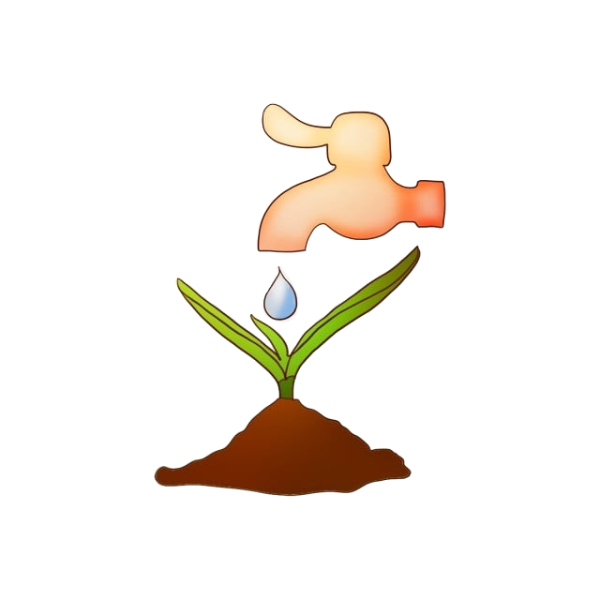Department of Soil, Water, and Climate in the College of Food, Agricultural and Natural Resource Sciences, University of Minnesota, is located on the traditional and treaty land of the Dakota people, in the area known as Mnisóta Makhóčhe (the land of Minnesota). The mission of the Department of Soil, Water, and Climate is to advance the […]
Ecosystem management of degraded red and lateritic soil through agroforestry
Agroforestry systems are efficient in protecting environment and forests, in integrating farming components in a lesser space and time to produce crop per drop of water and per plot of land, and thus, in making better use of environmental and natural resources. Agroforestry systems are also very much efficient in protecting marginal lands in red […]
Department of Soil and Water Conservation (Master Degree), National Pingtung University of Science and Technology, Taiwan
Department of Soil and Water Conservation (Master Degree), National Pingtung University of Science and Technology, Taiwan. Perspectives The ultimate goal of the Department is to coordinate the needs of nation’s hillslope development and disaster prevention, therefore, students are trained with up-to-date techniques and fundamental engineering core abilities. Special project that expands for two consecutive academic […]
Department of Soil and Water Conservation, NCHU, National Chung Hsing University, Taiwan
Department of Soil and Water Conservation, NCHU, National Chung Hsing University 145 Xingda Rd., South Dist., Taichung City 402 Taiwan. The Department of Soil and Water Conservation was established in 1964 in recognition of the importance to conserve the soil and water resources in the country. The graduate program of M.S. degree was initiated […]
SOIL & WATER CONSERVATION
Presentation by: Dr. G. M. SUJITH UNIVERSITY OF AGRICULTURAL SCIENCES, BANGALORE KARNATAKA Click to access 05042020114524W4-Lecture-1-Slides%20(7%20files%20merged).pdf Slides 1 – 10: SOIL & WATER CONSERVATION – AN OVERVIEW – SOIL EROSION: On-site effect, Off-site effect – FORMS OF WATER EROSION: Splash Erosion , Sheet Erosion, Rill Erosion, Gully Erosion, Ravines, […]
GIS-Supported Database Towards Transforming Monocropped Areas for Yearlong Cultivation in Paschim Medinipur, West Bengal, India
Generation of Spatial Decision Support System (SDSS) database, comprising areal extent of agricultural lands and water bodies, is very important for planning irrigation based on rainwater harvesting for increasing cropping intensity from 100% to 300% (i.e. monocropping to three crops in a year) in a drought-prone area of Paschim Medinipur District in Southern part of […]
Department of Soil and Water Conservation, National Pingtung University of Science and Technology, Taiwan
Master Degree All courses taught in the Department emphasize both theory and practice. The four-year program is built upon fundamental courses of computing, ecology, geology, botany, meteorology, hydrology, engineering mechanics, soil physics, and soil erosion. Watershed management, vegetative engineering and resource conservation are taught to equip students with knowledge and techniques of soil and water […]
Department of Soil and Water Conservation, National Chung Hsing University, Taiwan
The Department of Soil and Water Conservation was established in 1964 in recognition of the importance to conserve the soil and water resources in the country. The graduate program of M.S. degree was initiated in 1974 and then Ph.D. program in 1987. This department is one of the sole departments in the whole country.
A history of soil concepts: soil science community is slow to adopt terms of “soil health,” “soil fertility,” and “soil conservation”, but the concepts gain momentum over time
A history of soil concepts The idea that soil is a resource to be protected has become more widespread in the last century; this raises the question how do concepts like “soil health,” “soil fertility,” and “soil conservation” make their way through the scientific literature and into public awareness? A historical analysis by SWAC postdoc […]
Job: Researcher in ecophysiological modeling for agro-ecology
Broadcast end date 02/16/2022 CIRAD is recruiting a researcher experienced in modeling genotype-phenotype relationships in various cropping systems. You will be positioned within the UMR Genetic Improvement and Adaptation of Plants (AGAP institute) in the Phenotyping and modeling of plants in their agro-climatic environment (PhenoMEn) team. Your missions will be to acquire and mobilize knowledge […]
